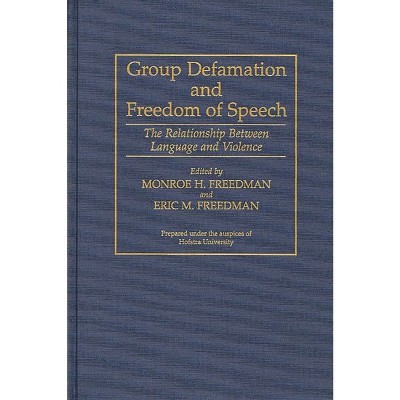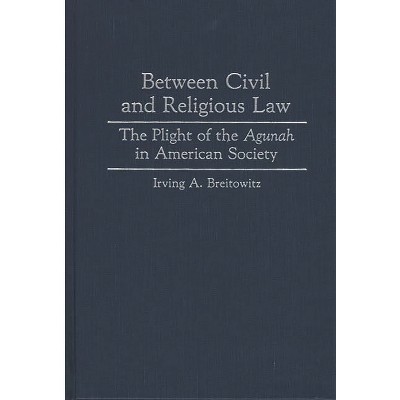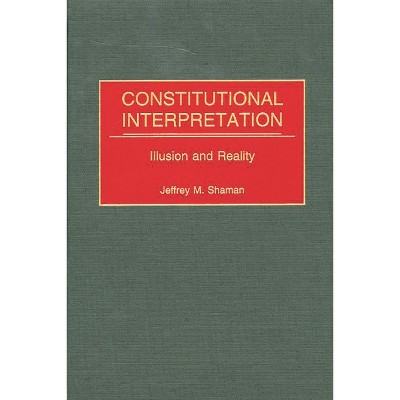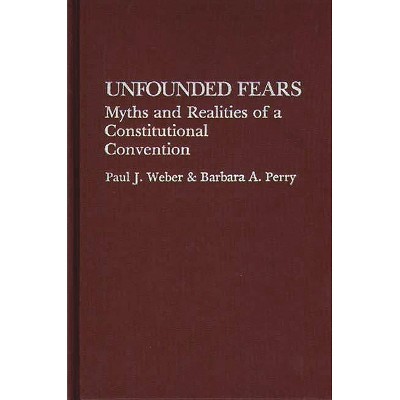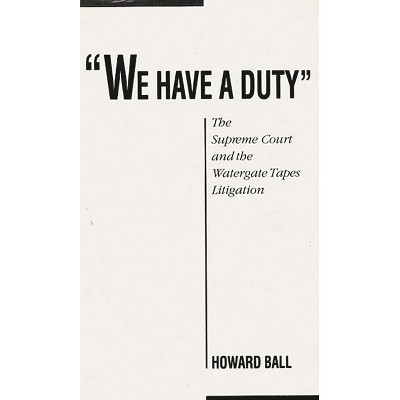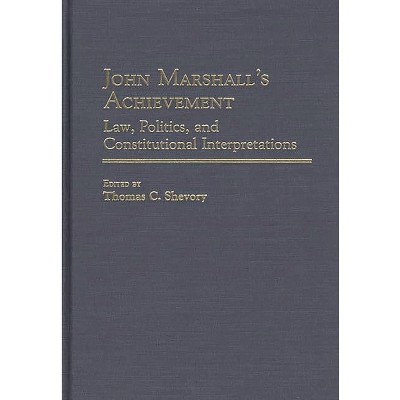Sponsored

Positive Neutrality - (Contributions in Legal Studies) by Stephen V Monsma (Hardcover)
In Stock
Sponsored
About this item
Highlights
- Church-state relations are becoming more and more critical.
- About the Author: STEPHEN V. MONSMA, is a Professor of Political Science, at Pepperdine University.
- 304 Pages
- Freedom + Security / Law Enforcement, Civil Procedure
- Series Name: Contributions in Legal Studies
Description
About the Book
Church-state relations are becoming more and more critical. Deepening controversies over church-state relations, the increasing religious pluralism of American society, and the changing makeup of the Supreme Court are forcing a rethinking of approaches to church and state in the public policy realm. Stephen Monsma offers a new approach rooted in structural pluralism as a normative way to understand church-state relations. He suggests that the government should use a principle of positive neutrality in handling church-state relations. He integrates historical, theoretical, social, and legal perspectives and writes in a lively manner for interdisciplinary audiences of students, scholars, and general readers.
This study provides an historical background of church and state relations in American society and discusses the development of church-state theory and practice. The author argues that confusions today can be traced back to flaws in the disestablishment settlement of the eighteenth century, flaws which have come to light in the twentieth century. He looks at this pluralist society and the concept of positive neutrality and of religious freedom historically and theoretically and then applies his approach to current issues relating to national policy and Supreme Court decision-making.
Book Synopsis
Church-state relations are becoming more and more critical. Deepening controversies over church-state relations, the increasing religious pluralism of American society, and the changing makeup of the Supreme Court are forcing a rethinking of approaches to church and state in the public policy realm. Stephen Monsma offers a new approach rooted in structural pluralism as a normative way to understand church-state relations. He suggests that the government should use a principle of positive neutrality in handling church-state relations. He integrates historical, theoretical, social, and legal perspectives and writes in a lively manner for interdisciplinary audiences of students, scholars, and general readers.
This study provides an historical background of church and state relations in American society and discusses the development of church-state theory and practice. The author argues that confusions today can be traced back to flaws in the disestablishment settlement of the eighteenth century, flaws which have come to light in the twentieth century. He looks at this pluralist society and the concept of positive neutrality and of religious freedom historically and theoretically and then applies his approach to current issues relating to national policy and Supreme Court decision-making.About the Author
STEPHEN V. MONSMA, is a Professor of Political Science, at Pepperdine University. He is the author or editor of several studies dealing with religion and politics including Responsible Technology: A Christian Perspective (1986), Pursuing Justice in a Sinful World (1984) and American Politics (1976).Shipping details
Return details
Trending Non-Fiction






